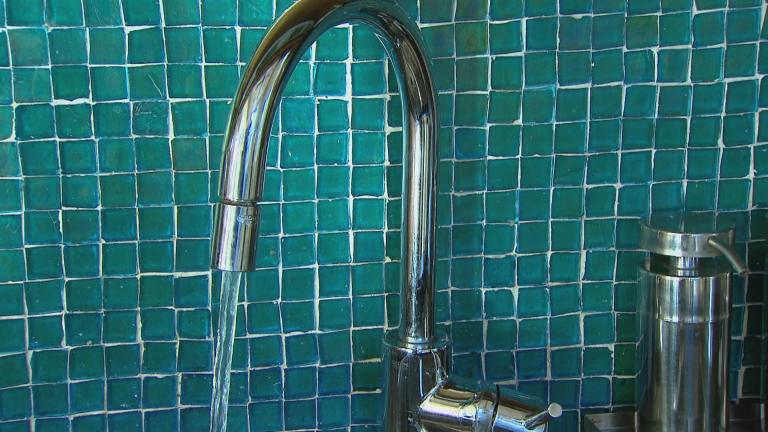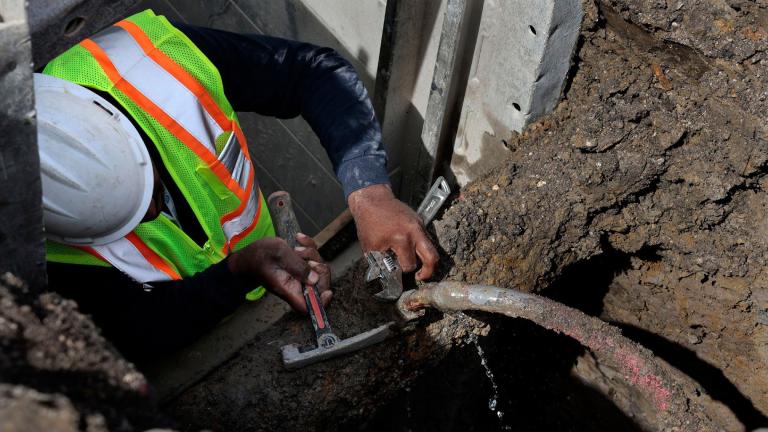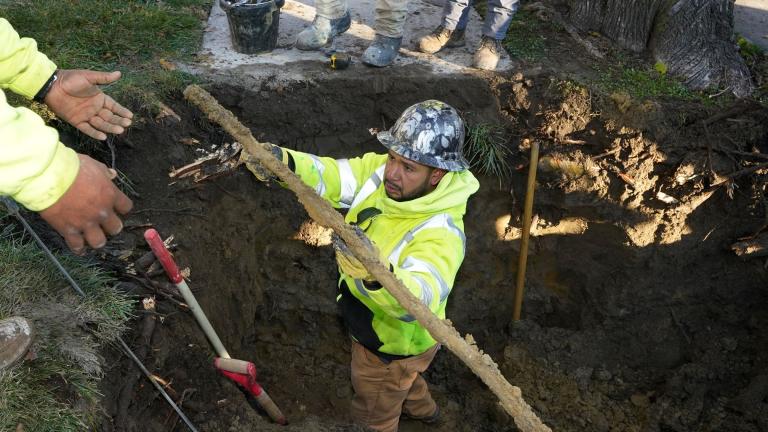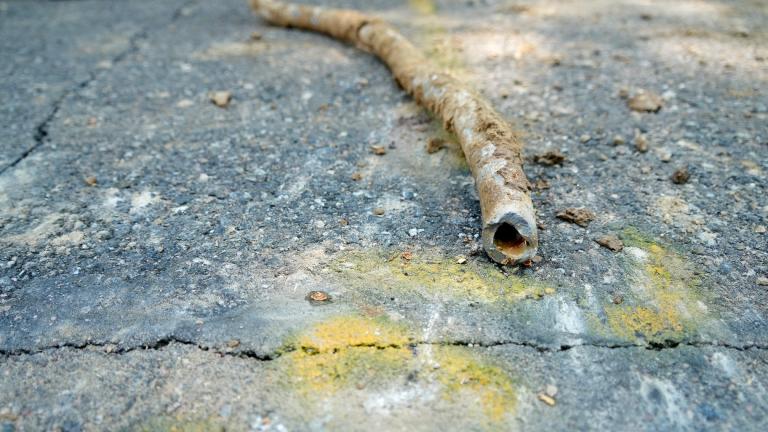Last week, Chicago city officials revealed that a significant sampling of city homes retrofitted with new smart water meters have elevated lead levels in their tap water. And the installation of the meters may be contributing to it. Even more troubling, the city appears to have known about the increase in lead levels as far back as 2013, but no homeowners were ever notified.
So far, 165,000 homes across the city have the new devices and while the city maintains there’s no health risk, at least one environmental watchdog group says there is reason to be concerned.
Illinois Environmental Council Executive Director Jen Walling points out that the correlation between lead contamination and water meter installation should not be a surprise to the city. “A water main, when it’s being replaced, especially when you’re cutting into (the outside of) the lead service line and you’re putting the water meter in, it will cause that spike in lead. This is something we had discussions about. We worked to pass a law in 2017 about school testing that also included a law on increased notification when construction happens, and it was a direct result of all of the science that says that lead spikes when you do any kind of construction on any part of the plumbing … when we discussed this legislation throughout 2016 and 2017 with the American Water Works Association, with the different municipalities, with the city of Chicago, they were at the table negotiating these things with us. And there is a specific provision in the law that we passed and was signed by Governor Rauner … that says if you are replacing a water meter, you have to give notice of the elevated lead risk.”
Walling also notes that while the water filters the city provides affected homeowners for free do make tap water safe to drink, they’re only a temporary solution to a much bigger problem. “A lead filter will remove any detectable level of lead, but … you do need to follow a particular schedule of replacement. People do have to be aware that they need to replace it on a regular schedule and make sure that it’s maintained, otherwise they’ve lost that safety measure.”
Chicago Department of Public Health Commissioner Dr. Julie Morita joins us in discussion.
Related stories:
City Knew About Elevated Lead Risk with Water Meters in 2013
City Finds High Levels of Lead in Water of Some Homes
Emanuel Opposes Tax on High-End Real Estate to Address Homelessness, Lead
Aldermen Consider $2 Billion Plan to Get Lead Out of City Water








